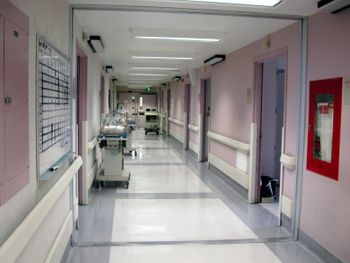
A study released Monday used national Medicare data to try and understand disparities between black and white patients in avoidable hospitalizations for ambulatory care–sensitive conditions.

A study released Monday used national Medicare data to try and understand disparities between black and white patients in avoidable hospitalizations for ambulatory care–sensitive conditions.
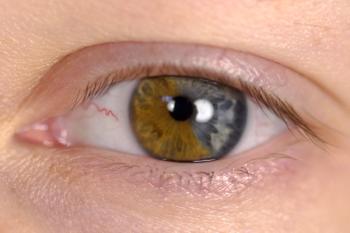
Strabismus is associated with reduced functional vision and eye-related quality of life (ER-QOL) in children, according to a study published in JAMA Ophthalmology. Because of this, when defining management goals, the association of strabismus with functional and ER-QOL in children should be considered.

Researchers uncovered the amount of variance among interrelated Parkinson disease (PD) motor, neuropsychiatric, and cognitive symptoms, which may improve understanding into the pathophysiology of PD, according to study findings published in Human Brain Mapping.

Insulin out-of-pocket costs remained relatively flat between 2006 and 2017 among privately insured patients, despite increased insulin prices paid by insurers, according to research published in JAMA Internal Medicine.

Between 1997 and 2012, the inpatient burden of migraine cost rapidly increased in the United States, according to a study published in PRS Global Open.

Health officials have concerns as people nationwide participate in mass gatherings to protest the death of George Floyd; Trump cuts US ties with WHO over handling of coronavirus disease 2019 (COVID-19); former FDA commisioner Scott Gottlieb, MD, says addressing racial inequities in COVID-19 transmission and higher death rates could halt the pandemic.

Erin L. Arnold, MD, FACR, of Orthopaedics and Rheumatology of the North Shore in Skokie, IL, discusses evolving treatment strategies and the use of biologic therapies in the management of psoriatic disease.

Debra A. Patt, MD, MPH, MBA, a breast cancer specialist at Texas Oncology is the lead author on the study being presented at ASCO.

Use of biologics to treat psoriasis may impact prevalence of comorbidities like depression and obesity, according to an abstract presented at the Virtual 2020 International Society for Pharmacoeconomics and Outcomes Research meeting.
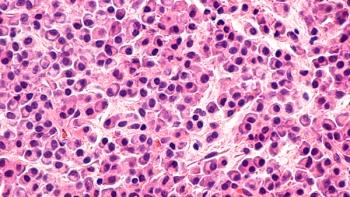
A new review article outlining research into multiple myeloma with central nervous system (CNS) involvement explains the many reasons it is difficult to diagnose and treat the disease.
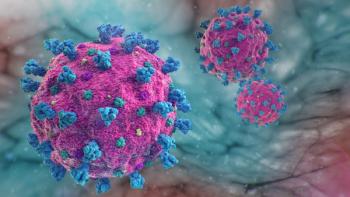
A recent analysis describes the effects of the pandemic, including restrictions on outdoor activities and loss of income, on patients with psoriasis in China earlier this year.
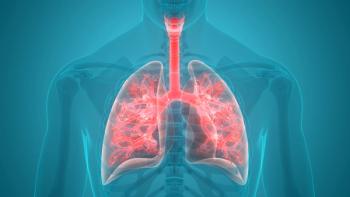
Danish investigators reviewed data of individuals prescribed inhaled corticosteroids (ICS) for chronic obstructive pulmonary disease (COPD) to compare characteristics of patients who have COPD alone with those who have COPD and concomitant asthma.
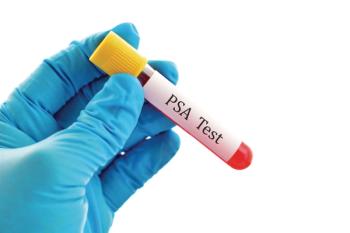
Catching psoriatric arthritis (PsA) early has been a challenge even when the diagnosis is aided by sonography, according to the authors.

While both subcutaneous and sublingual administrations of allergen immunotherapy reduced rhinitis medication in patients, adherence was significantly higher for those receiving it subcutaneously.

Physicians at a community oncology clinic center have an increased understanding of the clinical utility of molecular testing after implementing next generation sequencing and precision medicine, said researchers.

Helping patients find a clinician who is experienced with sickle cell disease can have many positive benefits, a new study noted.

Medicaid expansion was associated with a decrease in nonprofit hospitals’ burden of providing uncompensated care, according to a study published in JAMA Network Open. However, hospitals did not redirect this financial relief toward spending on additional community benefits.

For patients with rheumatoid arthritis (RA), cost can play a role in patient adherence to medication, but the presence of comorbidities does not impact cost of care for patients, according to 2 abstracts presented at the Virtual 2020 International Society for Pharmacoeconomics and Outcomes Research meeting.

A comprehensive workplace wellness program was shown to increase the proportion of employees with a designated primary care physician and improve employee beliefs on their own health. However, no significant effects were observed on physical health outcomes, rates of medical diagnoses, or health care service use, according to study findings published this week.

Coverage of our peer-reviewed research and news reporting in the health care and mainstream press.
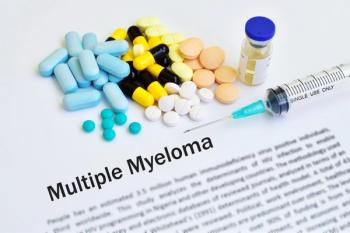
Clinicians use the presence or absence of minimal residual disease as a metric by which to judge the efficacy of therapy in patients with hematological malignancies. A new review article interrogates whether that approach aligns with patient-centered outcomes.

A bill introduced yesterday by Representative Maxine Waters, with support from the American Diabetes Association, would eliminate cost sharing for patients with diabetes requiring insulin amid the coronavirus disease 2019 pandemic; White House officials have decided to not release economic projections this summer for the first time since the 1970s; CDC provides recommendations for employers returning to the workplace.

Following decades that saw its popularity dwindle in favor of subpectoral breast reconstruction, prepectoral breast reconstruction is once again on the rise.
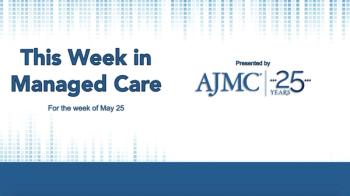
This week, the top managed care news included lower insulin costs for seniors in certain plans; discussions on the future of the Biologics Price Competition and Innovation Act; takeaways from Sharecare's Flatten the Curve Survey.
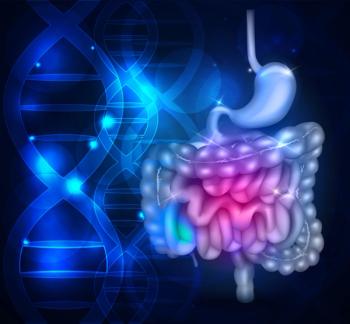
The life expectancy of a person living with HIV is approaching that of the general, seronegative population. However, changes to the bacterial environment of the intestinal tract combined with age-associated noncommunicable diseases can lead to chronic inflammation and higher rates of death.

New advances in therapy have led to better long-term survival rates in patients with hematologic malignancies, but there are some caveats to the good news.
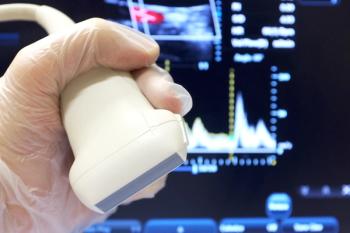
Despite some clues, scientists don’t yet understand which patients with psoriasis are likely to eventually develop psoriatic arthritis; solving that riddle could have major impacts on patient care.

Discontinuation of ruxolitinib was associated with increased morbidity burden and worse outcomes among patients with myelofibrosis.

Heart failure is a complicated disease to manage, requiring coordination of these outcomes-related measurements: weight, blood pressure, glycemic index, and medication and diet adherence. Close to half of all patients do not reach the 5-year survival mark after the condition is diagnosed.

Researchers in India were able to successfully use retinal diagnostics via smartphone adaptors to detect a diabetes-related eye disease, according to a study published in Ophthalmology.

259 Prospect Plains Rd, Bldg H
Cranbury, NJ 08512
© 2025 MJH Life Sciences®
All rights reserved.
